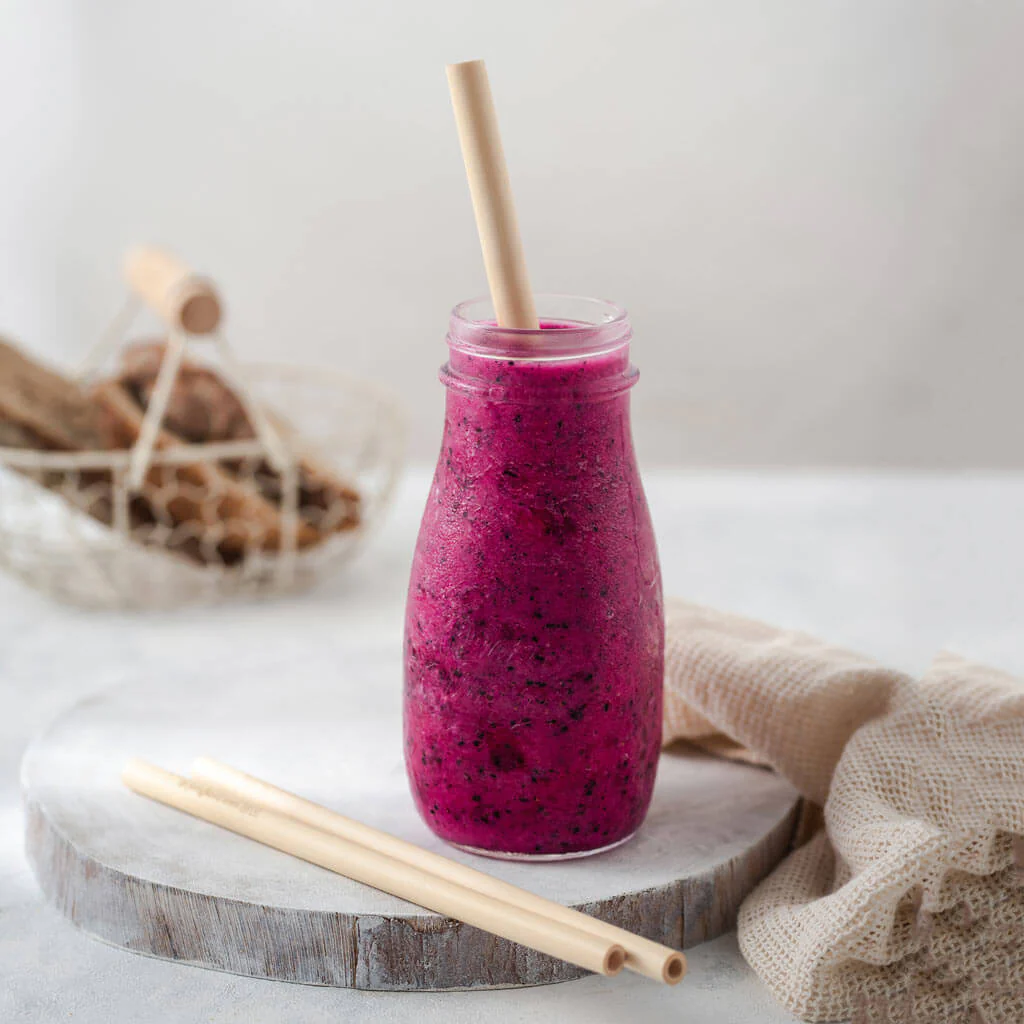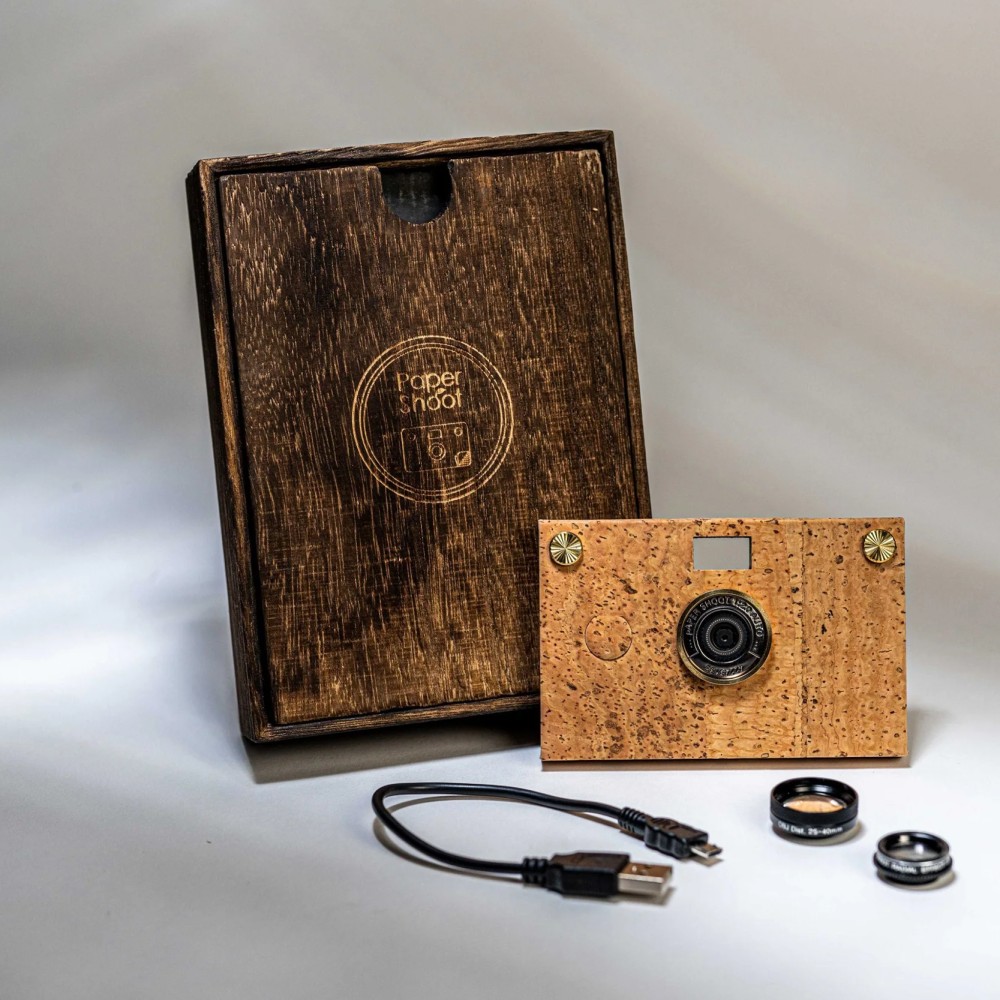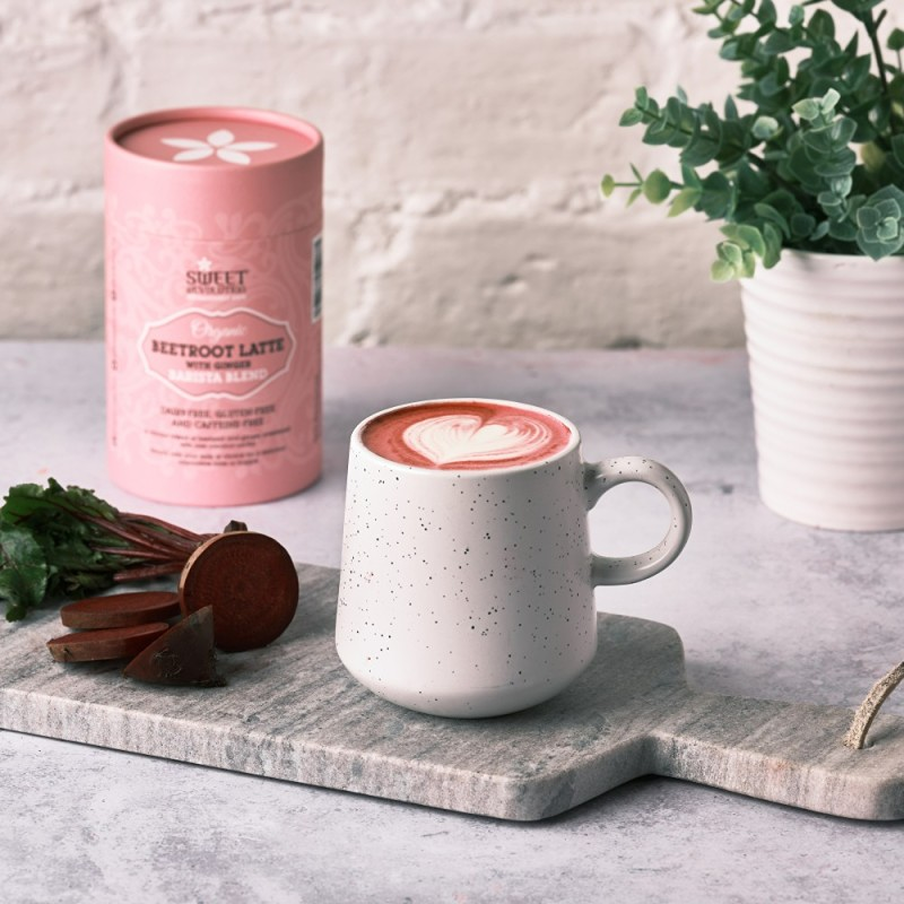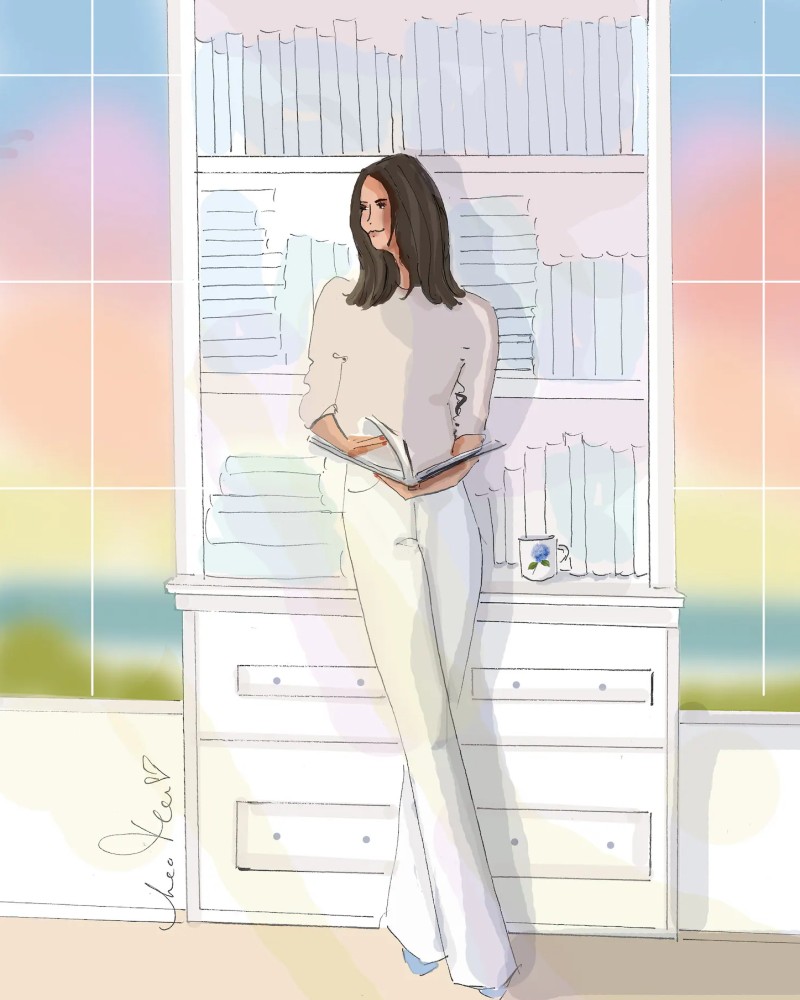![]()
multi-coloured silicone straws
Plastic straws are one of the top 10 marine debris items on the planet, and were banned for sale a few years ago in England (a recent add-on ban came into effect for single-use plastic spoons and stirrers). However, millions of them are still around. To get them out of your town forever, order a recycling box from Terracycle or ReFactory. Each box costs around £100 (to cover the cost of recycling into new items), but towns can split the cost (or ask your council or a business to sponsor a one-off box). They don’t take paper straws, and the latter box also takes plastic cups and drinks decorations.
First, a caveat. You could firstly use your lips (as single-use plastic straws are banned, you can’t buy them anyway, so you don’t NEED to buy an alternative). However, many people still like to use straws, and many disabled people have to for medical reasons (if plastic is needed, you can now find biodegradable PLA plastic versions).
Metal straws are strong but don’t bend, so should not be used by children nor for disabilities or walking/driving. One woman died when a metal straw in a mason jar as she fell, impaling in her eye, and causing a traumatic brain injury.
what’s wrong with plastic straws?

The size and shape of straws means that they easily fall down storm drains and miss ‘catching systems’ (as do cotton buds and plastic cutlery) and then go into the sea. They can puncture soft-bellied creatures like penguins, or break into microplastics, as filter feeders ingest them and then either choke or get ill as they can’t remove them from their bodies.
Plastic straw waste now counts for around 10% of all plastic waste in the ocean (most of the rest is plastic flip-flops) and tides mean that the waste often ends up on deserted beaches, with no local volunteers around to remove it. One five-year clean-up on USA shorelines found 7.5 million plastic straws alone.
Millions of plastic straws are still languishing around homes and businesses in England (and they have not been banned worldwide, although many increasingly are being so). This all stems from a viral video shot off the Costa Rican coast by this marine biologist as they removed a plastic straw that was stuck up a sea turtle’s nostril. The turtle thankfully was okay in the end and swam off, hopefully for the same thing to not happen again.
Although some US states have banned plastic straws, there is not yet a federal blanket ban. Joe Biden has tried (whereas Donald Trump’s campaign raised half a million dollars during the last election by selling branded plastic straws, with him declaring that ‘liberal paper straws don’t work). God only help us.
The plan to ban plastic straws in the US has now hit a hurdle, as a Republican Congressman is trying to stop the ban, saying it would create a ‘nanny state’ based on politics. Considering this Congressman was one of just 21 who voted against the heroes who saved lives when Trump’s fans attacked the Capitol (leading to some people dying), it’s safe to assume we can ignore him.
Honestly, I don’t know even where to start. I’m pretty sure it’s about midnight. We have wars going on (Ukraine with Russia, Israel with Hamas). And we are trying to face climate change. And we’re debating to bring back plastic straws. Chellie Pingree (Maine congresswoman)
different types of reusable straws
![]()
Silicone straws are popular as they look, feel and act like ‘normal straws’ and are sold in bright colours and thick versions for smoothies. Silicone is made with fossil fuels (and sand) but it’s easy to recycle and doesn’t break down into millions of microplastics, like conventional plastic.
This set of multi-coloured silicone straws (The Netherlands) includes a cup guide to help you cut to size for whisky glasses, short tumblers, cocktail glasses or children’s drinks. Dishwasher-safe and sold with a cotton bag.
![]()
The Silicone Straw Co makes colourful reusable straws in leakproof travel tins. Invented by a female engineer, these straws are thicker and you can again snip to size, with a pair of scissors. Use the cleaning brush with hot water (and a drop of dishwash liquid) to clean or pop in the dishwasher. Made in the UK, send back at end of use, to make into other items.

Bamboo straws are made from a fast-growing grass (industrial Moso bamboo is the not the same as fresh shoots eaten by pandas). These are biodegradable (though you should not steep them in water) but of course they are shipped from thousands of miles away. But as a one-time purchase, the benefits outweigh the alternative of using plastic straws.
Jungle Culture bamboo straws are sold in a set of 6, in a hessian carry case. Handmade by a small artisan family farm in rural Vietnam, these straws are strong and durable, and dishwasher-safe. The set includes a cleaning guide and eco craft box. The straws are suitable for juice, soda and cocktails, with extra-wide straws for smoothies and mylkshakes.
Straw straws (!) are indeed made from the waste of the farming industry, which would otherwise be burned creating methane emissions. Straw by Straw is a European brand that makes straws from wheat that won’t go soggy in cold drinks. The stronger reed straws are ideal for smoothies, mylkshakes and slushies.

Stroodles Pasta Straws last around an hour (not for hot drinks, as they would go soggy. Made in Italy, they can be composted after use, or just cook and eat them! Not for gluten allergies (or children/swallowing difficulties).
Glass straws are mostly made with borosilicate glass (the toughened glass you find in Pyrex dishes). They are not ‘unbreakable’ but unlikely to smash into thousands of pieces, should you accidentally drop one. They are also easy to clean and hygienic. Keep away from children/pets, don’t use above recommended temperatures, and ensure smashed ones are thoroughly swept up).
Paper straws are a bit wasteful (if not made with recycled paper) but if free from plastic lining, are an option for parties. McDonald’s recently switched to paper straws, but now they’ve reformulated them to be thicker (after customer complaints), the new versions can’t be be recycled.






